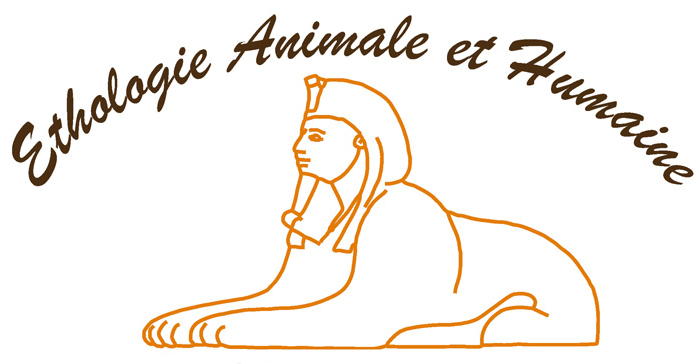Bridging Species Divides: Affiliative Interactions between Theropithecus gelada and Papio anubis in an Unprotected Area in Ethiopia
Résumé
Most interspecies encounters in primates are aggressive (e.g., territorial defense, feeding competition), although they rarely involve physical contact. Affiliative interactions are less common and cannot be explained by ecological factors, such as territoriality or feeding, raising questions about the advantages of this behavior (Freymann et al., 2023). Tolerant behavior may help to reduce the probability of overt interspecies aggression. Understanding interspecies tolerance may shed light on the evolution of tolerant primate society and plasticity of communication, which is relevant in enlarging receiver networks.
Geladas (Theropithecus gelada), a terrestrial monkey endemic to Ethiopia, live in one-male, multifemale units (OMUs) well known for their intergroup tolerance (Palagi & Bergman, 2021). Such groups are organized in a multilayer society characterized by complex social and communicative systems (Bergman & Beehner, 2013). Geladas often coexist with olive baboons (Papio anubis) and grivet monkeys (Chlorocebus aethiops). The close phylogenetic relationship between geladas and olive baboons (Fig. 1) increases the risk of hybridization in sympatric populations.
Domaines
Sciences cognitives| Origine | Accord explicite pour ce dépôt |
|---|
